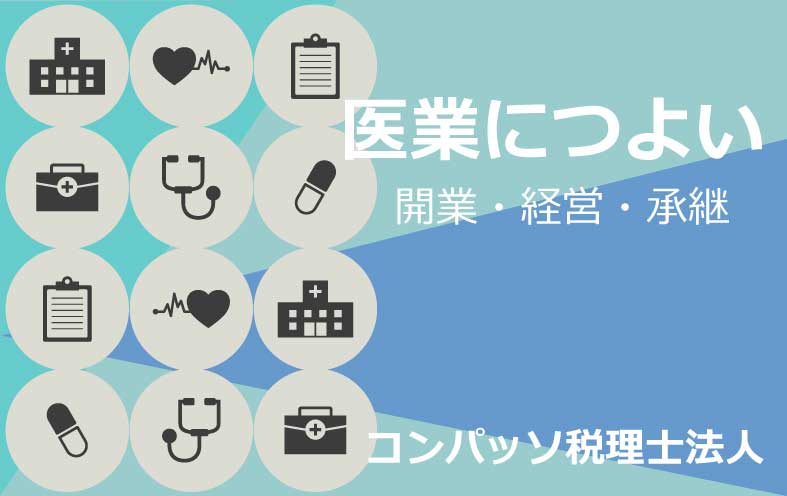
Criteria for determining which officers do not need to be covered by social insurance
Social insurance (health insurance, nursing care insurance, and welfare pension insurance) is a public system of the government, and if you meet the requirements, you must join.
In the case of workers (employees), not only full-time regular employees but also part-time workers who work more than three-quarters of the working hours of regular employees are eligible to join the system.
Generally, full-time employees work 20 days a month and 40 hours a week, so three-quarters of full-time employees are eligible to join if they work at least 15 days a month and 30 hours a week.
By the way, since executives (managers) are not employed, they do not have the concept of working hours. Therefore, in principle, all executives are covered by social insurance.
On the other hand, it is also true that there are some nominal executives who are registered as executives in name only, mainly in small and medium-sized companies. Since it is not fair to include such people in the social insurance system (or, to put it another way, to benefit from social insurance), part-time directors are not subject to social insurance.
So who can be considered a part-time director?
In fact, there is no clear standard for part-time directors in terms of social insurance application. The guideline is that the actual situation is not unnatural as a part-time officer.
In general, the following criteria are used.
(1) Whether or not the person has the right to execute the company’s business
(2) Frequency of attendance at board meetings
(3) Whether the amount of remuneration is appropriate.
(3) Whether the amount of remuneration is reasonable. This is because (1) and (2) are difficult to confirm externally, so they are effectively self-reported by the company. However, (3) is obvious from the wage ledger (pay stub, etc.).
For example, if the monthly remuneration of a representative director is 500,000 yen, while the remuneration of a part-time director who has no authority to execute business and does not participate in board meetings is also 500,000 yen, it is unnatural.
So what if the remuneration is 400,000 yen, or half of 250,000 yen? Considering the recent promotion of social insurance coverage by the pension office, I feel that a significant difference is necessary to some extent.
In addition, representative directors are naturally considered to meet the requirements of (1) and (2), so no matter how small their remuneration is (unless they receive no remuneration), they are subject to social insurance.















